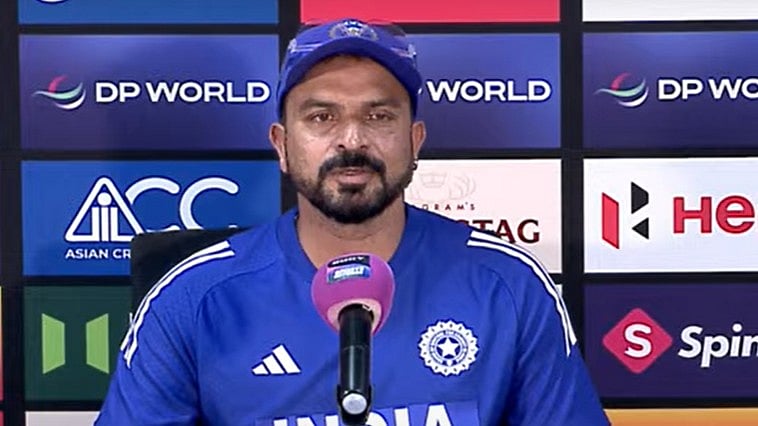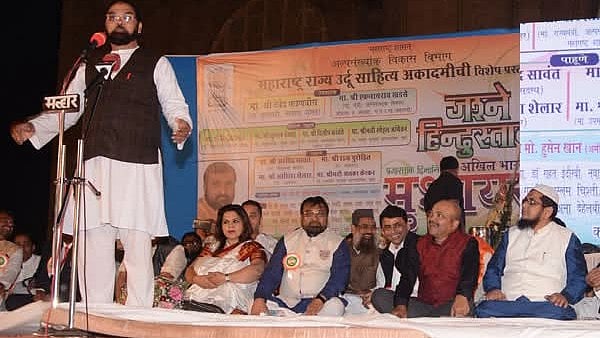In a landmark cultural study, The Bharat Lab—a pioneering think tank jointly established by Rediffusion and Lucknow University—has released its latest research report: “My First Salary”. This deeply emotive and data-rich report explores how India’s young earners in Tier 2 and Tier 3 cities—collectively called Bharat—spend, save, and emotionally relate to their very first paycheck.
Surveying 2,125 individuals across Bharat, the study reveals that a first salary is not merely a financial event—it’s a rite of passage shaped by culture, family, and evolving personal values.
“A first salary is more than a transaction. It’s a declaration of independence, a family ritual, and often, a quiet revolution—especially for women,” said Dr Sandeep Goyal, Co-Chairman of Bharat Lab and Chairman of Rediffusion. “This report captures the sociology of a bank SMS.”
Dr Alok Kumar Rai, Chairman of Bharat Lab and Vice Chancellor of Lucknow University, added, “At Lucknow University, we believe research must reflect the heartbeats of the nation. The Bharat Lab is a living testament to that belief. This report doesn’t just speak to economists—it speaks to parents, policymakers, and every young adult standing at the threshold of financial independence.”

Key Findings from the “My First Salary” Report:
38.8% of respondents spent their first salary on gifts—primarily for family—underscoring gratitude as the dominant emotion.
24.5% saved their income, pointing to rising financial foresight.
20.4% donated to religious or social causes—contradicting common perceptions of selfishness among youth.
88.5% of women viewed their salary as a symbol of personal freedom—more than just financial contribution.
44.6% informed their mothers first—highlighting the deep emotional anchors in Indian families.
The report also explores significant gender differences, generational shifts from collectivism to individualism and how cultural traditions like gold-buying remain resilient among women (1 in 3 choose gold with their first income).
Bharat’s Gen Z: Flexible, Independent, Digital
In a forward-looking trend, the report reveals that 76% of Bharat’s youth prefer flexible investment models over rigid monthly SIPs. These young earners invest on their terms—when freelance payments or festive bonuses arrive—often tagging investments to personal goals like “Goa 2026” or “Dream Bike.”
“They want to save, but without being shackled,” said Dr. Goyal. “This is personal finance made personal—not passive.”










